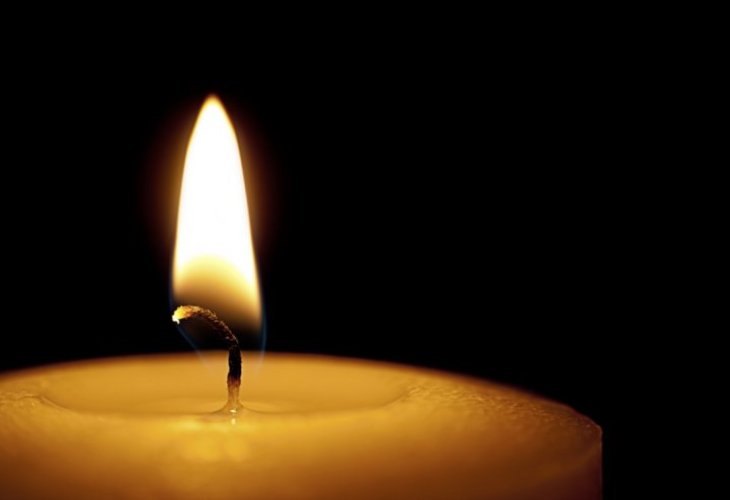History and Archaeology
Rabbi Asher ben Yechiel (The Rosh): Life, Legacy, and Impact on Jewish Law
The remarkable journey of the Rosh from Ashkenaz to Spain and his lasting influence on halachic tradition
 (Photo: shutterstock)
(Photo: shutterstock)Rabbi Asher ben Yechiel was born in Germany (then Ashkenaz) to his father, Rabbi Yechiel ben Uri. In his youth, Rabbi Asher became a close disciple of the Maharam of Rothenburg, the leading halachic authority of Ashkenaz at the time. The bond between the Rosh and his teacher was exceptionally strong.
Forced Migration and Arrival in Spain
During Rabbi Asher’s lifetime, persecution intensified in Ashkenaz, forcing him to flee with his family to Spain. He settled in Toledo, where he was received with immense respect by the Spanish Jewish communities. In an unprecedented move, he was appointed both Head of the Yeshiva and Av Beit Din of Toledo.
This was extraordinary, as Spanish communities traditionally appointed only Sephardic scholars to such senior positions. His appointment demonstrates the magnitude of his scholarship and his ability to bridge Ashkenazic and Sephardic traditions. Consequently, the Rosh became an Ashkenazic authority intimately familiar with Sephardic customs as well.
Major Works and Lasting Influence
Rabbi Asher authored dozens of foundational works. Among them:
Piskei HaRosh – his most influential work, summarizing Talmudic discussions and presenting practical halacha.
Tosafot HaRosh on the Talmud.
Commentaries on:
Tractate Nedarim
The Mishnah
The Torah
She’elot u’Teshuvot HaRosh – responsa addressing halachic queries from across the Jewish world.
Orchot Chaim LaRosh – writings on ethics, character development, and fear of Heaven.
His rulings had enormous influence on later codifiers, including his own son, Rabbi Yaakov Ba’al HaTurim, author of the Arba’ah Turim, which later served as the basis for the Shulchan Aruch.
Family and Prominent Descendants
Rabbi Asher’s most famous son was Rabbi Yaakov Ba’al HaTurim.
He had several other distinguished sons, including:
Rabbi Yechiel ben HaRosh – his eldest.
Rabbi Yehuda ben HaRosh, author of Zikaron Yehuda.
Rabbi Shlomo HaChassid, and others.
Many of them became leading rabbis and authored important works.
Passing and Legacy
Rabbi Asher ben Yechiel passed away on 9 Cheshvan, 5088 (1327) and was buried in Toledo. His halachic authority continues to shape Jewish law until today, and his contributions stand as pillars of Torah scholarship.
May his merit protect us.

